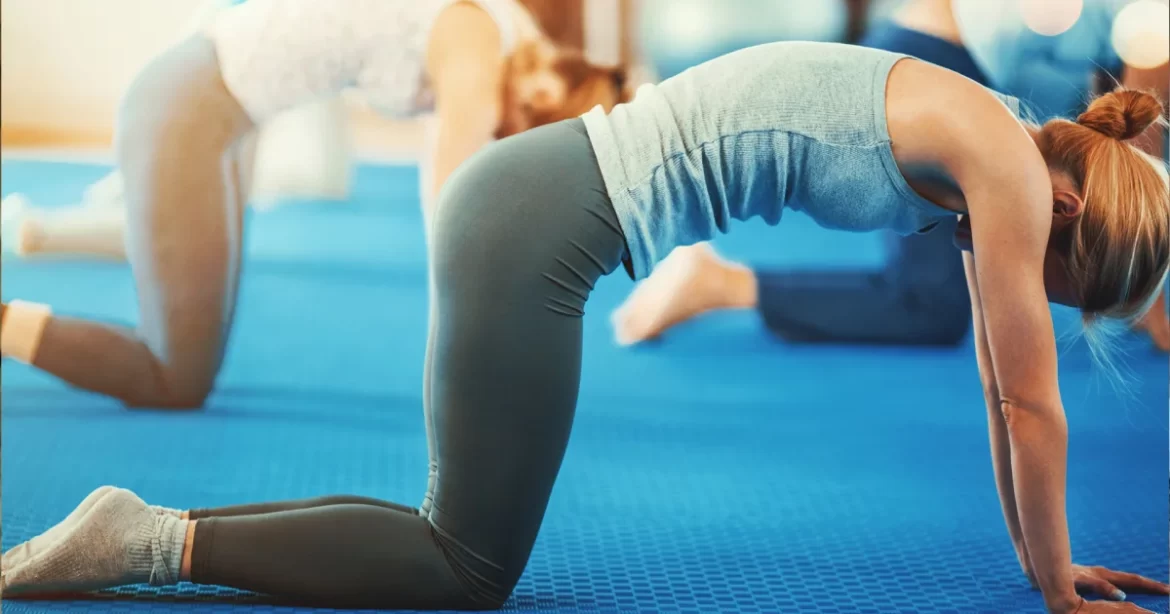A person’s diet and exercise can have a big impact on bone health. In addition to calcium, vitamin D and weight-bearing exercise, avoiding smoking, consuming enough protein, and limiting caffeine, alcohol and sodium can also help prevent osteoporosis.
Dark leafy greens like spinach, kale and arugula are packed with calcium and antioxidants. Try a smoothie or salad made with these.
Calcium
Calcium is the most abundant mineral in the body. It gives bones strength and density, helps nerves carry messages between the brain and other parts of the body, and helps blood vessels move blood throughout the body.
Children and teens need adequate amounts of calcium for bone growth and development, and to prevent osteoporosis later in life. Adults also need calcium to keep their bones strong and help prevent fractures.
A well-balanced diet provides most of the calcium you need. Milk, fortified cereals, and dark-green vegetables are good sources. Some low-fat chocolate and strawberry flavored milks have as much or more calcium than plain milk.
If you take a calcium supplement, choose one that is made from highly soluble ingredients. Avoid supplements that contain calcium carbonate or unrefined oyster shell. They may increase your risk of kidney stones, constipation, and acid rebound in the stomach. Choose a supplement with the USP (United States Pharmacopeia) symbol that indicates it has been verified for purity.
Vitamin D
Bones depend on vitamin D to absorb calcium and phosphate, which are the building blocks of bones. Vitamin D also helps strengthen muscles needed to support bone health and reduce fall risk.
People need enough vitamin D to prevent bone problems such as osteoporosis, which happens when bone breaks down faster than it builds up. Most people reach their peak bone mass by age 30, so it’s important to protect bone health throughout life.
The Food and Nutrition Board (FNB) of the National Academies of Sciences, Engineering and Medicine has established RDAs for vitamin D to indicate daily intakes sufficient to maintain bone health and normal calcium metabolism in healthy adults. Vitamin D deficiency can lead to rickets in children and osteomalacia in adults. It can also lead to low blood calcium levels and increased fracture risk. To help prevent this, get vitamin D from dietary sources such as fish, egg yolks and fortified dairy products.
Weight-bearing exercise
Studies have shown that weight-bearing exercise (which involves your bones moving against gravity) can increase bone density. Examples of weight-bearing exercises include walking, running, hiking, dancing, gymnastics and soccer. Some examples of non-weight bearing aerobic activities that also have health benefits are swimming and cycling.
If you have osteoporosis or osteopenia, be cautious about starting a vigorous bone-building exercise program. Your bone health practitioner can help you find a safe exercise routine that is right for you.
The best types of strength training for your bones include pushing against resistance, such as using your own body weight during pushups. This type of strength training can increase the bones’ ability to resist stress. It can also improve balance and coordination. This type of strength training can help prevent falls that can cause fractures.
Diet
Bones store minerals and help protect organs and help us move. They are living tissue that responds to physical activity by becoming stronger and denser. In addition, bone health is important to avoid fractures and other conditions later in life.
Eating a variety of nutritious foods, including calcium-rich dairy products and leafy greens, is important for building strong bones. It is also important to get enough protein, vitamin D and weight-bearing exercise.
For optimal bone health, it is important to mix plant-based proteins (beans, legumes, nuts and seeds) with high quality animal protein (eggs, salmon and lean meats) in your diet. It is also important to avoid excess sugar, alcohol and caffeine, which have a negative impact on bone health. For more information about bone health, stop in at one of our 24 YMCA locations across St. Louis and Metro East or contact a member of our health and wellness team!




